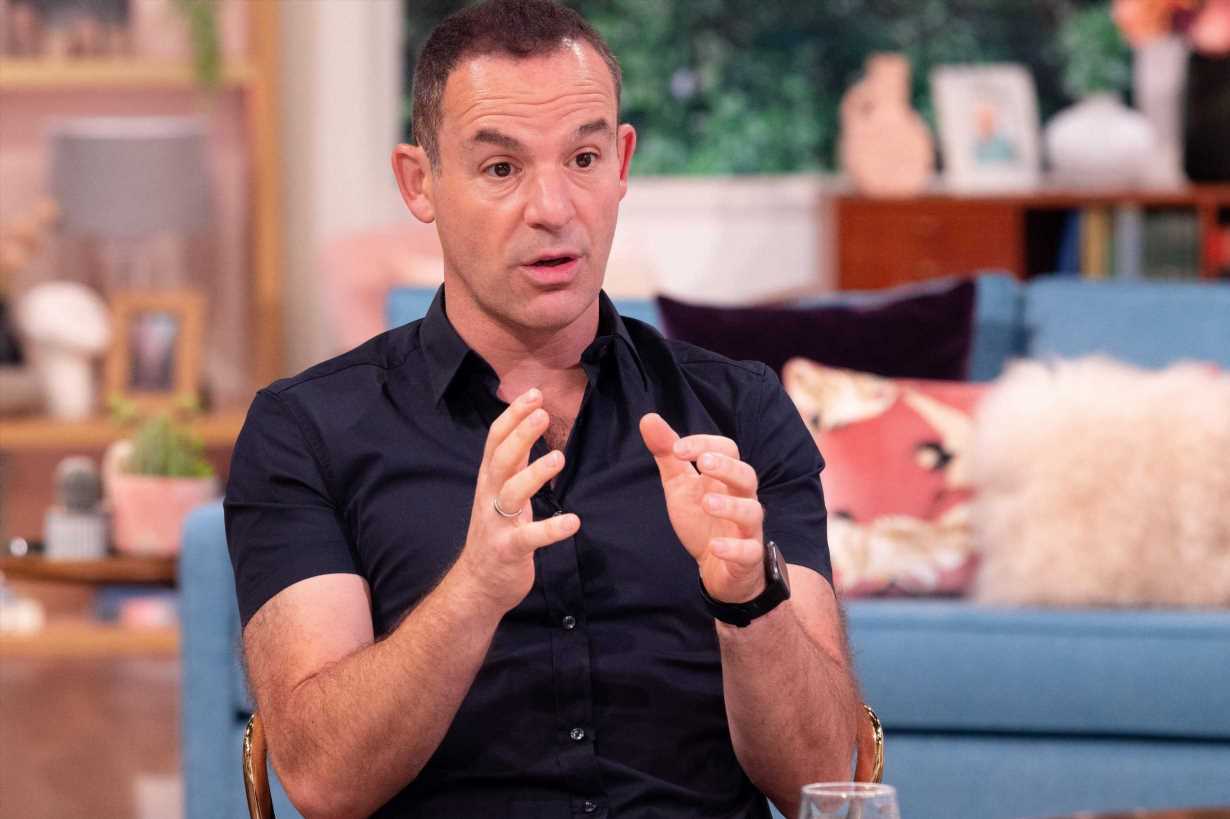MARTIN Lewis has warned Brits to check they are enrolled onto their workplace's pension scheme – or risk losing out on a “hidden” pay rise.
He urged every worker in the UK in his latest blog on MoneySavingExpert to check they're still signed up to their work's pension scheme.
It will mean workers will get “hidden pay rise” of at least 3% added on top of their salary.
But you won’t be able to use the bonus cash now – you’ll only be able to access it when you retire.
Bosses have had to automatically enrol staff into pension schemes since October 2012 to get workers saving for their golden years.
All employees aged 22 to around 66 (which is the state pension age) who earn above £10,000 a year are automatically signed up.
But you can opt out, and if you do, you could miss out on thousands of pounds.
What is pensions auto-enrolment?
HERE’s what you need to know about pensions auto-enrolment:
What is pension auto-enrolment?
Since October 2012, employers have had to enrol their staff into workplace pension schemes as part of a government initiative to get people to save more for retirement.
When does auto-enrolment apply?
You will be automatically enrolled into your work's pension scheme if you meet the following criteria:
- You aren't already in a qualifying workplace scheme.
- You are aged at least 22.
- You are below state pension age.
- You earn more than £10,000 a year
- You work in the UK.
How much do I contribute?
There are minimum contributions that you and your employer must pay.
Your minimum contribution applies to anything you earn over £6,136 up to a limit of £50,000 (in the tax year 2019/20). This includes overtime and bonus payments.
A minimum of 8% must be paid into the pension, with you contributing 5% and your employer paying at least 3%.
What if I have more than one job?
For people with more than one job, each job is treated separately for automatic enrolment purposes.
Each of your employers will check whether you’re eligible to join their pension scheme. If you are, then you’ll be automatically enrolled in that employer’s workplace pension scheme.
Can I opt out?
You can choose to opt out, but you’ll miss out on the contributions from the government and from your employer. If you do choose to opt out you can opt back in later.
Workplace pension schemes mean that you’ll get extra money on top of your state pension when you retire.
Both you AND your company have to add money into your workplace scheme pension pot.
A minimum of 8% must be paid into the pension, with you contributing 5% and your employer paying at least 3%.
When you put money into your pot, it comes from your salary before tax is applied – which means it will cost you less to save.
Martin gave an example in his blog of how this works, with a basic tax payer who pays in 5% into their pot, with their employer putting in 3%.
If this employee puts in £100, it will only cost them £80 because it comes from pre-tax salary.
Meanwhile, their employer puts in £60 – cash you wouldn’t otherwise have if you opted out of the scheme.
That means over the year, you’d have your pay packet reduced by £960 but you’d have a “whopping” £1,920 added to your pension, which Martin said was “unbeatable”.
To get the cash boost, you don’t have to do anything, as companies have to automatically enrol you into this scheme by law.
But Martin said millions of Brits – or 10% of the working population – have chosen to opt out of the scheme.
He also urged workers to check whether they can make their employer add even more into their pension pot.
“In fact there are some rare cases where employers will double whatever you put in or your scheme could allow you to opt to put in more, or put in less and still get some contribution," he said. "Do check.”
There are other ways you can boost your pension.
For example, you could have a missing pension pot – and you could claw back tens of thousands of pounds if you reclaim it.
Pensions Policy Institute research estimates that there are around 1.6 million pension pots worth £19.4billion unclaimed.
That works out at nearly £13,000 per pot, meaning finding your missing pensions savings could add thousands to your retirement fund.
You could also save up to £20,600 on fees by switching pension providers during retirement, according to research by consumer advice group Which?.
Any extra cash could come in handy, as Brits are being warned the state pension alone “won’t be enough” to get by financially in retirement.
Martin Lewis has also explained the best way new parents can save for their kids – and end up with thousands of pounds by the time they're 18.
He also has explained how to get FREE food and drink using cashback sites and coupons.
Plus, he's explained how anyone aged 18-39 can get £1,000 a year free towards buying a home.
Source: Read Full Article






